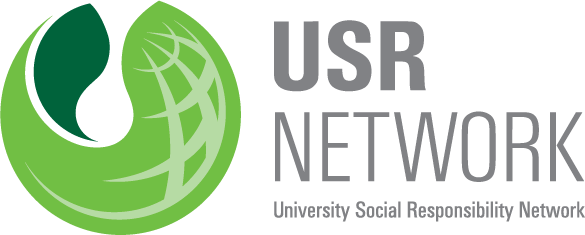
Simon Fraser University
As Canada's engaged university, Simon Fraser University is helping to fight COVID-19 through vital research, sourcing medical supplies, delivering community educational programming, providing expert commentary to media and facilitating the development of economic recovery strategies.
The university recently launched an online hub, SFU COVID-19 Action Now (SFU CAN) to support and build partnerships as communities begin to recover from the effects caused by this global pandemic. SFU CAN provides opportunities to build partnerships that protect and sustain the communities we serve during this difficult time as well as to look ahead to support post-pandemic recovery efforts.
Developing COVID-19 testing kits and modelling the spread of the virus

SFU biochemistry and microbiology professor Peter Unrau’s team is developing rapid and cost-effective COVID-19 testing kits using SFU-invented RNA imaging technology.
The university’s mathematics and epidemiology professor, Caroline Colijn, is using modelling to forecast the possible spread of the virus to inform the province’s health policy. Her most recent paper examines the effectiveness of physical distancing on controlling the spread of COVID-19 in British Columbia and is developing models that estimate, project and determine the effectiveness of coronavirus control measures.

Studying the pandemic response and effects to find gaps and guide policy development
SFU health sciences professor Kelley Lee is leading a project that will support global coordination of the COVID-19 outbreak response. The international research team will track cross-border measures adopted by countries and private companies during COVID-19 and previous outbreaks to assess effectiveness. Her team will work closely with the World Health Organization and other public health partners to analyze data to support companies and governments in making better decisions during outbreaks such as COVID-19.
Julia Smith, research associate in SFU’s faculty of health sciences, is co-leading an international team, including researchers from Johns Hopkins University in the U.S. and others from the U.K., Hong Kong and Australia, to study the gender-related effects of COVID-19. Their work will identify gaps in preparation and response measures to provide guidance for policymakers and public health interventions.
SFU gerontology professor Andrew Wister is involved with the Canadian Longitudinal Study on Aging, which follows 51,000 Canadians age 45 and older for 20 years collecting physiological, social and psychological data.
A sub-study involving their participants will focus on the results of a questionnaire about COVID-19 to understand why some older adults are able to recover from the effects of this pandemic better than others. The sub-study will look at COVID-19 diagnosis, symptoms experienced, health behaviours and how they are coping with social isolation.
Gathering resources, manufacturing protective equipment and giving extra supplies to local hospitals
SFU alumni from the School of Interactive Arts and Technology have retooled their 3D printing company to manufacture face shields to protect essential frontline workers.
SFU Mechatronics Systems Engineering (MSE) students worked from home to design and develop medical mask savers with instruction provided from MSE professor Woo Soo Kim. Using their personal 3D printers, which were donated to staff at a local hospital. Now that a lab has safely reopened, students are developing special “touchless” door handles for city staff. The students can apply their work to a directed study course for credit.

Faculty have organized several PPE drives across the three university campuses to collect unused supplies, such as cleaning supplies, N95 masks, gloves, disposable lab coats and face shields for donation to local hospitals to protect healthcare workers.
Staff and faculty at SFU’s Surrey campus created hand sanitizer in the science lab using a formula adopted by the World Health Organization. The team labeled and packaged over 800 250-ml bottles and delivered them to community groups.

Connecting with communities to provide education, foster connections with community groups and support COVID-19 recovery programs
This pandemic provides an opportunity to collaborate and foster discussions about how to build more resilient and vibrant communities.
As part of SFU CAN, the university will help facilitate these discussions and create opportunities for collaboration through the SFU-Community COVID-19 Response and Recovery Network. The network uses both Zoom and Slack platforms to build new relationships, catalyze dialogues on key challenges and pursue initiatives to influence how we emerge from this pandemic.
SFU staff and faculty are encouraged to assist with the recovery process through the SFU Community Engagement Initiative (CEI), which provides grants of up to $10,000 for projects that catalyze community-university impact. This year, up to half of the $120,000 available will go to projects that respond to and help with recovery from COVID-19.
SFU Public Square, the Morris J Wosk Centre for Dialogue and CityHive are also hosting a series of moderated discussions to build a more equitable and empathetic post-COVID-19 world called Distant, Not Disengaged.
SFU CAN will also enable students to access the resources and supports they need, while learning of opportunities such as co-op and work placements related to COVID-19 research and recovery.
